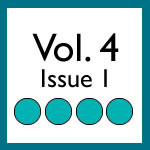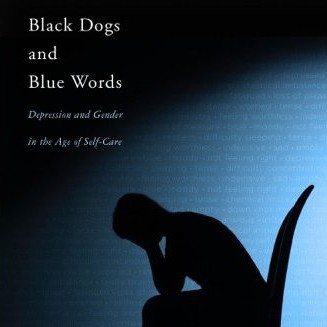Vol. 2.1: A Timely Issue
Present Tense has been fortunate to publish timely articles since its first issue a year ago. Our authors have described the state of race relations and immigration in the U.S.; they have explored political and disciplinary dynamics; they have reconsidered the rhetorical canon. The first volume of the journal provides kairotic, keen scholarship that has been generously welcomed in the field of rhetoric.
Volume 2.1 continues the trend with especially timely work. The articles of Volume 2.1 describe political and technological developments with ongoing consequences: a US public relations firm’s promotion of Muammar Gaddafi’s dictatorship; Arizona’s subjugation of immigrant bodies; and epistemological production through social media. Volume 2.1 includes our first case study, one that provides evidence in the continuing national debate on digital literacy, and our first analysis of the President’s oratory. The reviews of Volume 2.1 are also timely. Our authors review a recent book on writing assessment and an environmental rhetoric course taught in May and June of this year.
Volume 2.1 features the following articles:
PR Guns for Hire: The Specter of Edward Bernays in Gadhafi’s Libya – Sharon J. Kirsch outlines the work of a Massachusetts-based public relations firm on behalf of Muammar Gaddafi, locating it within rhetoric’s disciplinary fragmentation.
Not to Shy Away: Barack Obama’s Rhetoric of Friendship – Paul Lynch applies David A. Frank and Mark Lawrence MacPhail’s consilience-coherence heuristic to two key Obama orations: his 2008 Jeremiah Wright speech and his 2009 address at the University of Notre Dame.
Sociotechnical Notemaking: Short-Form to Long-Form Writing Practices – Brian J. McNely summarizes a recent debate on short-form writing practices, providing empirical evidence for the epistemological legitimacy of social media.
Troubling Citizenship: Arizona Senate Bill 1070 and the Rhetorics of Immigration Law – Gale Coskan-Johnson analyzes the legislation and practice of immigration policy along the Arizona-Mexico border in order to delineate the rhetorical features of contemporary US citizenship.
Review of Reframing Writing Assessment to Improve Teaching and Learning – Chris Gallagher reviews Linda Adler-Kassner and Peggy O’Neill’s recent book on writing assessment, summarizing and critiquing strategies and frameworks for institutional change.
Environmental Rhetoric, Ethics, and Policy – Teaching Engagement – Derek G. Ross describes a philosophy for effective civic engagement through a graduate environmental rhetoric course he taught at Auburn University during the summer of 2011.
The editors of Present Tense feel lucky to work with scholars so attuned to current events, and we feel confident that the trend will continue during our upcoming special issue on medical, gender, and body rhetorics. As always, we would like to thank our authors, reviewers, responders, readers, and advisors for contributing to the journal during this first successful year. Without your help, guidance, interest, commitment, and hard work, this publication would not be possible.
Sincerely,
Joshua Prenosil, General Editor
Cristyn L. Elder, Managing Editor
Megan Schoen, Style Editor
Caitlan Spronk, Technical Editor
Ehren Helmut Pflugfelder, Technical Editor
Allen Brizee, Review Editor
Alexandra Hidalgo, Multimedia Editor
Elizabeth L. Angeli, Outreach Editor
John Williford, Design Editor



